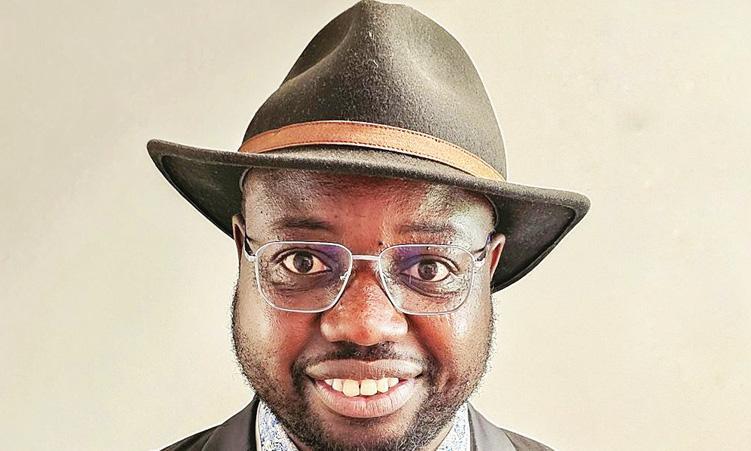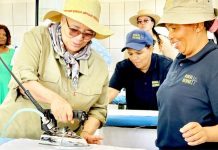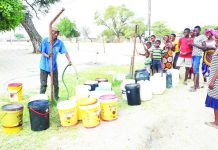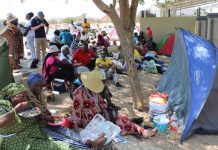Africa-Press – Namibia. Banks Run On trust. People trust that their savings are safe, that loans are priced fairly and that pensions will be there in the future.
Behind that trust, in the world’s strongest banking systems, there is a group of specialists who turn messy realities into clear decisions.
They are often called ‘quants’. In plain language: they are number-savvy problem-solvers who help banks see trouble early and make better choices.
In South Africa, many leading banks now rely on this kind of skill.
I work in this space every day – training students, advising teams and checking that the tools banks use really work.
My work ranges from testing whether a bank’s methods are sound to building simple, clear ways to judge risk and price products.
I also lead a national programme that connects universities, banks and regulators so that ideas move quickly from classrooms to boardrooms.
Namibia’s big financial institutions, however, still have too few of these people and too few roles designed for them. This is not a criticism – it is a call to action.
A smaller market like Namibia’s actually needs strong in-house skills even more.
When one big borrower struggles, or when prices jump quickly, the whole system can feel it.
Having people whose full-time job it is to ask “What if?” – and to back it up with careful numbers – protects everyone: families, small businesses and the banks themselves.
Why is Namibia behind?
First, there’s a myth that ‘we’re too small to need this’. In truth, small systems are easier to shake.
Second, we buy off-the-shelf software and hope it’s enough. But without people who understand and challenge those tools, important mistakes can hide in plain sight.
Third, our student pipeline is thin. We need clear pathways from university studies into banking jobs that foster skill development and build confidence.
What do we do – practically and soon?
Create two-year graduate tracks in banks that rotate young Namibians through lending, treasury and risk teams, with real projects and mentors.
Set up small, independent teams inside banks that check important methods every year and report to the board in plain language.
Invest in clean, well-kept data so decisions are based on facts, not guesses.
Partner with South African groups, including the programme I lead at Stellenbosch, to run short projects on Namibia-specific topics like small-business lending, farming shocks or savings products for low-income families.
Involve the Bank of Namibia early so good practice becomes normal practice.
This isn’t about copying South Africa or London. It’s about building a Namibian strength that fits our needs.
When we do, loans are priced more fairly, savings are safer and new products – like green finance for farmers or better insurance for small shops – become possible.
I am ready to help.
As a Namibian working at the sharp end of this field in South Africa, I know what works, what fails and how to train teams quickly.
The prize is bigger than bank profits. It is a financial system that serves people better, stands firm in storms and invests in Namibia’s future with confidence.
Now is the time to bring ‘quants’ to the table – and put Namibia on stronger footing for the long run.
– Mesias Alfeus is an associate professor of financial risk management at Stellenbosch University
For More News And Analysis About Namibia Follow Africa-Press






